Ants in Dishwasher | Ants in Dishwasher: Quick Solutions & Tips

Key Takeaways:
- Ants in the dishwasher can indicate a potential infestation that needs to be addressed.
- Food residue and water sources can attract ants to the dishwasher.
- Sealing cracks and openings and using natural deterrents like vinegar can help eliminate ants.
- Using ant baits or traps can effectively eliminate the entire ant colony over time.
- If the infestation persists, it may be necessary to seek professional pest control assistance.
Why Are There Ants in Your Dishwasher?
Discovering ants crawling around in your dishwasher can be an unsettling sight. Not only can they contaminate your clean dishes, but they also indicate a potential infestation that needs to be addressed. But why are ants drawn to your dishwasher in the first place? Let's explore the reasons behind ants invading your dishwasher.
1. Food Residue:
Ants are highly attracted to food sources, and even the smallest traces of food residue left on dishes can serve as a feast for them. They have a keen sense of smell and can detect even the tiniest morsels that we may overlook. Make sure to thoroughly clean your dishes before placing them in the dishwasher to minimize the availability of food for ants.
2. Water Source:
Just like any other living creature, ants require water to survive. The moist environment inside your dishwasher can serve as a convenient water source for them. The humidity and dampness attract ants looking for hydration. Keeping your dishwasher dry and addressing any leaks can help deter ants from being lured in.
3. Scent Trails:
Ants communicate through pheromones, leaving behind scent trails that guide other ants to food and water sources. If a few ants have discovered a buffet in your dishwasher, they will create a trail for their fellow ants to follow. This is why it's crucial to eliminate any traces of ants and remove their pheromone trails to break the cycle.
4. Cracks and Openings:
Ants can exploit small cracks and openings to access your dishwasher. If there are gaps around the dishwasher or openings in your kitchen cabinets, ants can easily make their way in. Sealing these potential entry points will help prevent ants from invading your dishwasher and other areas of your kitchen.
5. Nesting Opportunities:
Some ant species, such as Argentine ants, seek out moist environments for nesting. If your dishwasher has leaks, hidden areas, or crevices that provide suitable nesting sites, ants may establish colonies right inside your appliance. Taking steps to eliminate potential nesting opportunities will discourage ants from making your dishwasher their home.
6. Warmth:
During colder climates or cooler seasons, ants may seek warm places to nest and forage for food. The warmth generated by your dishwasher becomes an inviting spot for ants to thrive. Regular maintenance and repair of your dishwasher's heating elements can help mitigate any warmth that might attract ants.
Understanding the reasons behind ants invading your dishwasher is crucial in effectively addressing the issue. By minimizing food residue, eliminating water sources, erasing scent trails, sealing cracks and openings, removing nesting opportunities, and managing warmth, you can make your dishwasher an environment that is unattractive to ants.
In the next section, we will discuss effective strategies to get rid of ants in your dishwasher and restore its cleanliness and functionality.
How to Get Rid of Ants in Your Dishwasher
To eliminate ants in your dishwasher, you can follow these effective strategies:
- Removing food residue: Ensure that dishes are thoroughly cleaned before placing them in the dishwasher. Check for any food spills or debris that may have accumulated in hard-to-reach areas. This will help eliminate the food sources that attract ants.
- Sealing cracks and openings: Inspect the area around your dishwasher for any cracks, gaps, or openings. Seal them using caulk or silicone to prevent ants from entering and nesting inside.
- Using vinegar: Vinegar is a natural deterrent for ants. Wipe down the interior of your dishwasher with a solution of vinegar and water to remove any lingering pheromone trails and discourage ants from returning.
- Using ant baits or traps: If ants persist, consider using ant baits or traps to eliminate the entire colony over time. Place the baits or traps near the dishwasher or in areas where you've noticed ant activity. Follow the product instructions for best results.
- Seeking professional assistance: If the ant infestation continues despite your efforts, it may be necessary to seek professional pest control assistance. Experienced professionals can assess the situation and provide more advanced treatments if needed.
- Prioritizing safety: When dealing with ant control methods, it's essential to prioritize safety. Avoid using harmful chemicals or pesticides that may be toxic to humans or pets. Stick to natural and non-toxic options whenever possible.
By following these steps, you can effectively eliminate ants from your dishwasher and ensure a pest-free environment.

Testimonial from a Satisfied Customer:
"I tried using vinegar in my dishwasher to get rid of ants and it worked like a charm! The ants haven't come back since. I'm grateful for this natural solution that doesn't involve harmful chemicals. Thank you!" - Amanda, Happy Homeowner
Comparison of Ant Control Methods
| Control Method | Effectiveness | Safety | Cost |
|---|---|---|---|
| Removing food residue | High | Safe | Low |
| Sealing cracks and openings | High | Safe | Low |
| Using vinegar | Medium | Safe | Low |
| Using ant baits or traps | High | Safe | Medium |
| Seeking professional assistance | High | Safe | High |
Note: Effectiveness, safety, and cost may vary depending on the severity of the ant infestation and individual circumstances. It's important to assess your specific situation and choose the most suitable control methods accordingly.
Dealing with Ants Outside the Dishwasher
To keep ants at bay and prevent them from infiltrating your kitchen and other areas of your home, there are several proactive measures you can take. By following these simple steps, you can maintain a pest-free environment and ensure the cleanliness of your dishwasher.
- Preventing Ants in the Kitchen: Keeping your kitchen free from ants starts with good hygiene practices. Clean up spills and food crumbs promptly, and store food in airtight containers to minimize attractive food sources for ants.
- Keeping Dishwasher Door Closed: A tightly closed dishwasher door acts as a barrier against ants, preventing them from accessing the interior. Before and after using your dishwasher, make it a habit to secure the door properly.
- Cleaning Dishes Before Placing Them in the Dishwasher: Thoroughly cleaning dishes before loading them into the dishwasher helps to minimize potential food particles that may attract ants.
- Treating Problem Areas: Be vigilant about identifying problem areas in your kitchen, such as cracks in countertops, walls, or cabinets. These openings can serve as entry points for ants. Seal any gaps or crevices to prevent ant infiltration.
- Following Ant Trails: If you notice ants roaming around your kitchen, take note of their movement and follow the trail. This will help you identify the entry points and address them effectively.
- Closing Entry Points: Once you have identified the ant trails, take necessary steps to close off their entry points into your home. Using caulk or sealant, fill in any cracks or openings that ants can exploit.
By implementing these preventive measures, you can significantly reduce the risk of ant infestations in your kitchen and maintain a clean, ant-free dishwasher for hygienic dishwashing.
Expert Tip:
For added protection, you can create a natural ant deterrent by mixing equal parts vinegar and water. Use this solution to wipe down countertops, floors, and other surfaces in your kitchen to repel ants.
| Preventive Measures | Description |
|---|---|
| Preventing Ants in the Kitchen | Implement good hygiene practices in your kitchen, including prompt cleanup of spills and food crumbs and proper food storage. |
| Keeping Dishwasher Door Closed | Ensure the dishwasher door is tightly closed before and after use to prevent ants from entering. |
| Cleaning Dishes Before Placing Them in the Dishwasher | Thoroughly clean dishes to minimize food particles that may attract ants. |
| Treating Problem Areas | Identify and seal cracks or openings in countertops, walls, or cabinets to prevent ant entry. |
| Following Ant Trails | Track ant trails to discover entry points and address them effectively. |
| Closing Entry Points | Use caulk or sealant to close off openings where ants can enter your home. |
Ants Nesting Behind the Dishwasher
Certain ant species, such as pharaoh ants and carpenter ants, may choose to nest behind the dishwasher. Understanding these specific ant species and their nesting habits is crucial for effective treatment.
Pharaoh ants are known to construct nests in void spaces using their own saliva. These tiny ants can easily find suitable nesting opportunities behind your dishwasher, drawn to its warmth and potential food sources. To eliminate pharaoh ant infestations, baiting is the preferred method of treatment. By using ant baits, you can entice the ants to take the bait back to their nest, eliminating the entire colony without causing them to scatter or panic.
Carpenter ants, on the other hand, tend to nest in damp wood. If your dishwasher has any hidden areas that provide a damp environment, it can become an ideal nesting site. To treat carpenter ants nesting behind the dishwasher, spraying is often the best method. Using insecticide sprays targeted at carpenter ants can effectively eliminate the infestation.
To access the nest behind the dishwasher, you may need to remove the kickplate. Once the kickplate is removed, you can apply either bait or dust directly to the nest or nest entrance. This helps ensure that the treatment reaches the ants and effectively eliminates the colony.
Always follow the recommended instructions and precautions when using pesticides to protect yourself, your family, and the environment. It is important to prioritize safety when dealing with ant infestations. If you are unsure about handling the situation yourself, consider contacting a professional pest control service for assistance.

Treating Different Ant Species:
When dealing with ants nesting behind the dishwasher, it is essential to identify the specific ant species and tailor your treatment accordingly. Here's a quick summary of the recommended treatment methods for pharaoh ants and carpenter ants:
| Ant Species | Treatment Method |
|---|---|
| Pharaoh Ants | Baits |
| Carpenter Ants | Sprays |
The Dangers of Using Insecticides in Your Dishwasher
When dealing with an ant infestation in your dishwasher, it's important to be cautious about using insecticides. While they may seem like a quick solution, the harmful effects of insecticides in your dishwasher can outweigh their benefits. It's crucial to prioritize safety and avoid exposing yourself and your family to potential health risks.
Insecticides pose a particular risk when they come into contact with dishes. The residues left by these chemicals can contaminate your plates, glasses, and utensils, leading to unintended pesticide exposure. This exposure can have harmful effects on your health, especially if ingested or transferred to food during the dishwashing process.
To avoid pesticide contact with your dishes, it is best to explore alternative pest control methods that don't involve the use of insecticides in your dishwasher. By opting for safer and more eco-friendly solutions, you can protect your health and ensure the cleanliness of your dishes.
Safety precautions should always be a priority when dealing with pest control. Here are some measures to take:
- Wear protective gloves and clothing when handling any chemicals or pesticides.
- Read and follow the instructions provided by the manufacturer to ensure proper usage.
- Avoid using pesticides near food preparation areas or surfaces.
- Keep children and pets away from treated areas.
If your ant infestation in the dishwasher persists despite your efforts, it's recommended to call in a professional pest control service. Pest control experts have the knowledge and experience to effectively eliminate the infestation while minimizing the risks to your health and safety.
Remember, it's always better to seek professional assistance rather than risking further exposure to harmful chemicals or ineffective DIY solutions. Your safety and peace of mind are worth prioritizing when it comes to dealing with pests in your dishwasher.
Conclusion
Dealing with ants in your dishwasher can be frustrating, but there are effective solutions to eliminate them and keep your dishwasher pest-free. By taking the following steps, you can successfully tackle the ant infestation:
- Remove any food residue that may attract ants to your dishwasher. Thoroughly clean dishes before placing them in the dishwasher and check for any hidden spills or debris.
- Seal cracks and openings around your dishwasher to prevent ants from entering. This will help cut off their access points and discourage them from invading your dishwasher.
- Use natural deterrents like vinegar to eliminate lingering pheromone trails left by ants. Wipe down the interior of the dishwasher with a vinegar solution to disrupt their communication and discourage further ant activity.
- If ants persist, consider using ant baits or traps to eliminate the entire colony. These products are designed to attract ants and deliver a slow-acting insecticide that will be carried back to the nest, effectively eradicating the infestation.
If your ant problem persists despite your efforts, it's advisable to seek the assistance of a professional pest control service. They have the expertise to accurately identify the ant species, provide targeted treatments, and ensure the safety of your home and family.
By implementing these solutions and prioritizing safety, you can say goodbye to ants in your dishwasher and maintain a clean, hygienic dishwashing experience.
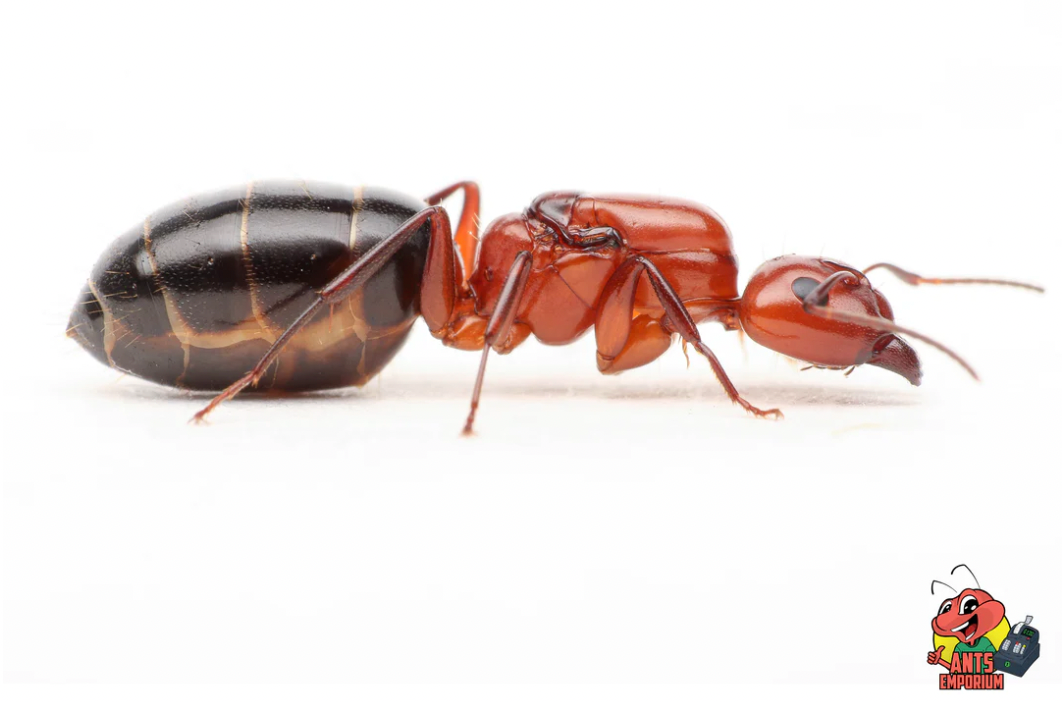

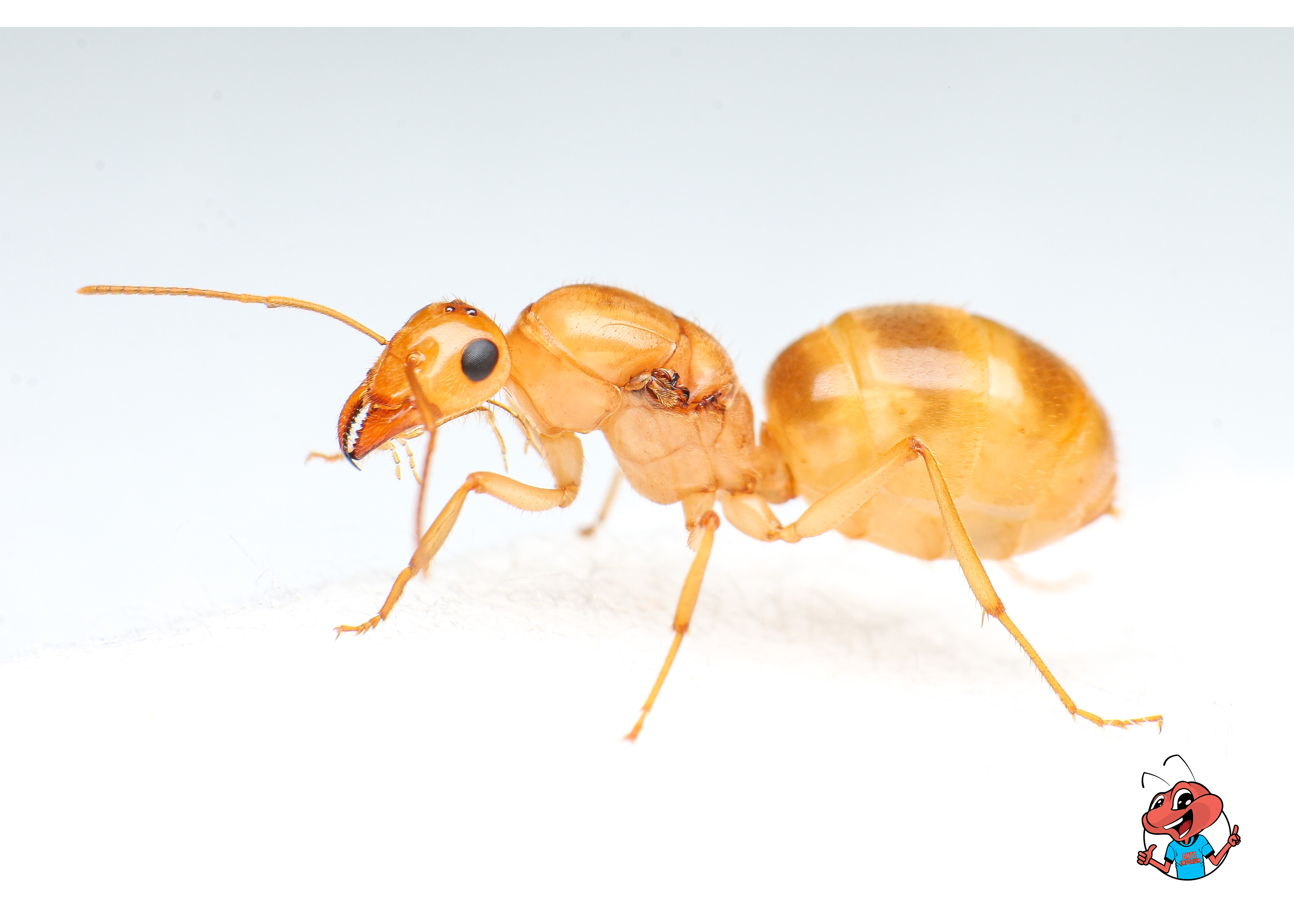
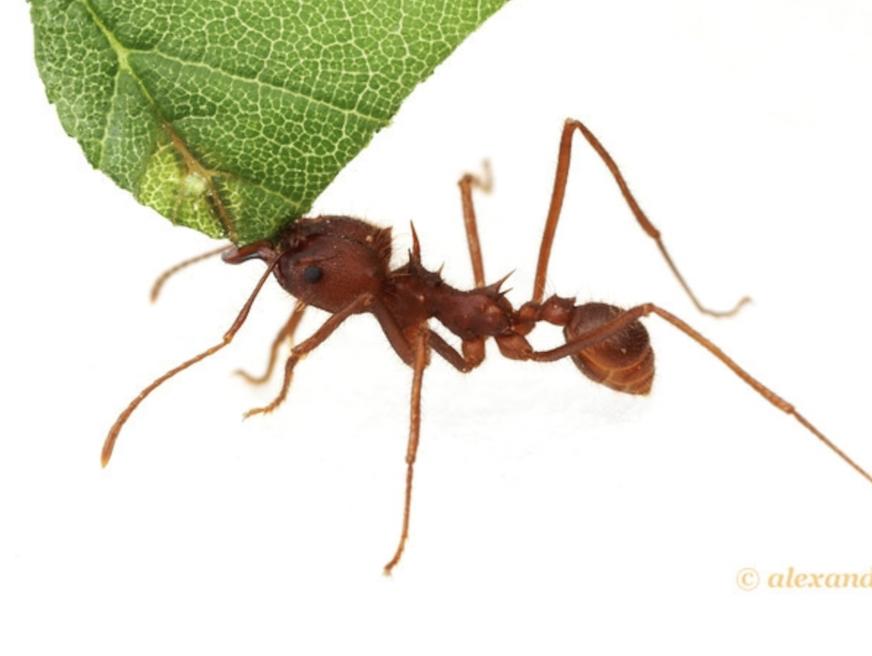
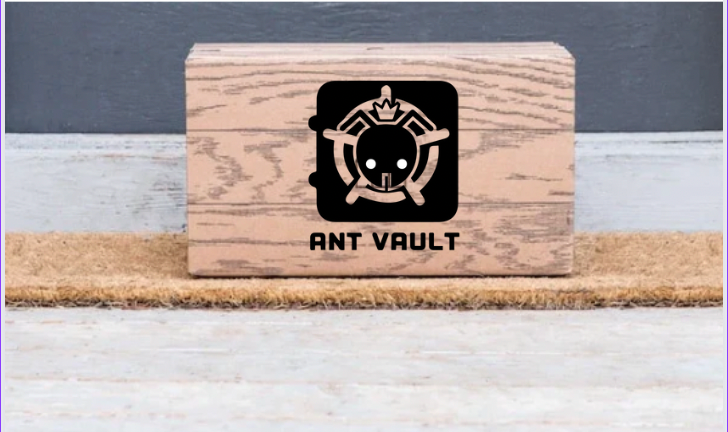


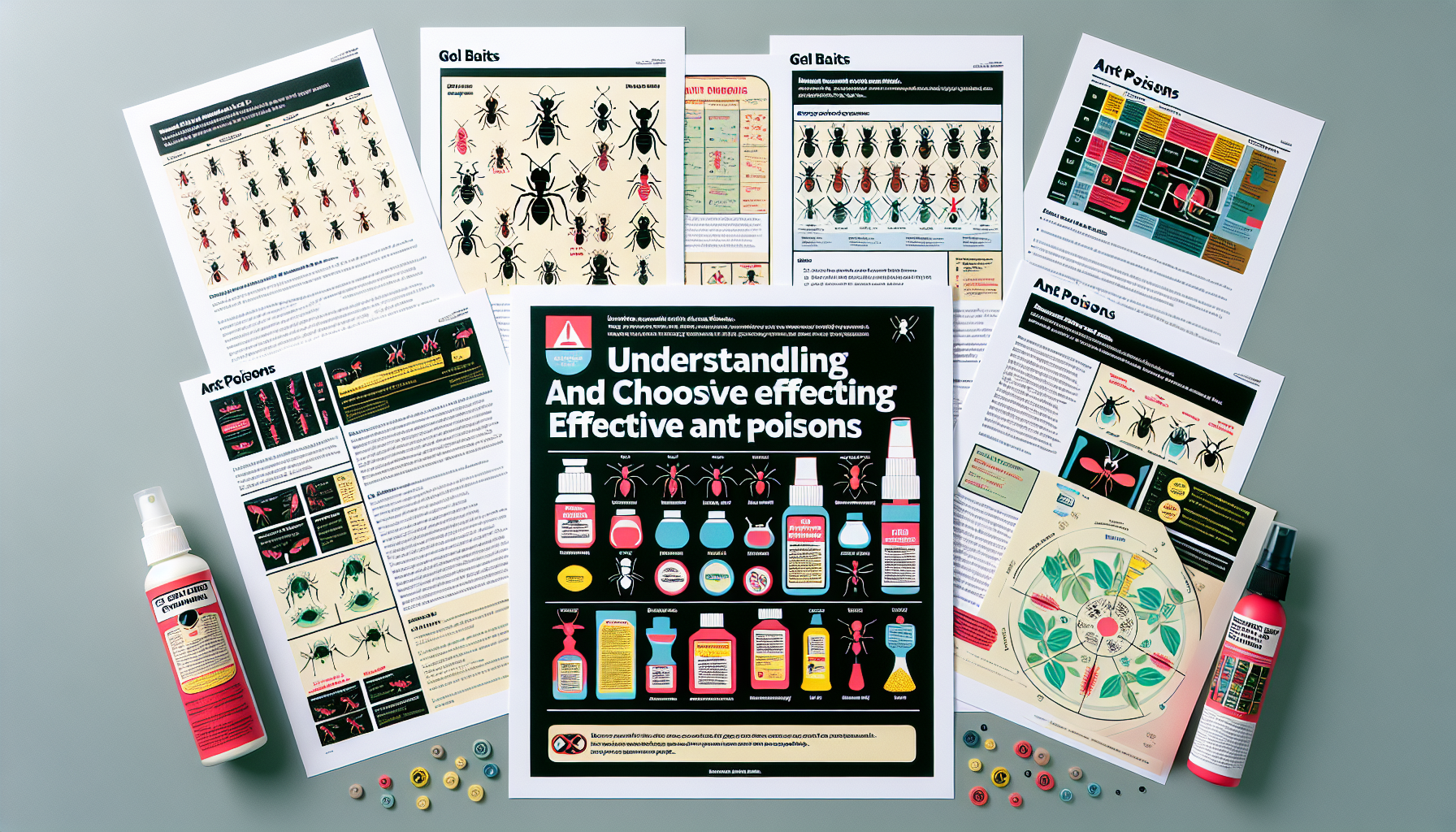
Leave a comment